
Phillis Wheatley: A resonant voice against 18th-century injustice


Poetry is a captivating form of art that has the power to convey the deepest emotions, making us feel a connection to the poet’s soul, just as we do with a painter’s canvas. In the world of writing, where many people share their thoughts, Phyllis Wheatley stands out like a special one. Her poems tell a story of strength and success despite the challenges of her time.
In an era where expressing thoughts through words was like battling against prejudice, and being a woman poet was a rarity, let alone a black woman poet. Phyllis Wheatley not only faced these formidable challenges but also left an indelible mark in history by becoming the first African-American woman to publish a book of poetry.
In today’s article on art history, we’ve chosen to focus on Philip Wheatley as her journey is a testament to the strength of character and creativity. Her story shows how strong and creative a person can be, even in tough times like enslavement. Her poems shine a light on how people can turn challenges into something beautiful, echoing through history. Come with us as we uncover the details of Phyllis Wheatley’s life, where her amazing poetry went against the rules of her time, creating a lasting impact for future generations.
Philip Wheatley’s early life and the beginning of her career
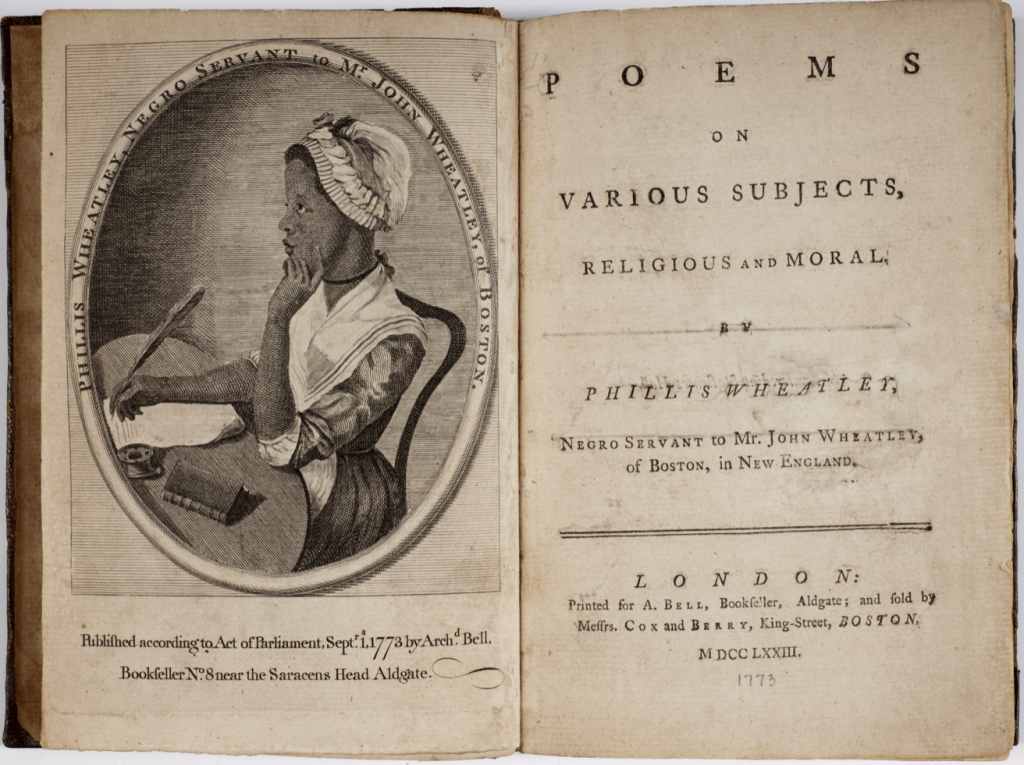
Born around 1753, possibly in present-day Senegal, West Africa, the young girl who would become Phillis Wheatley faced a challenging beginning. Captured in West Africa, she was brought to Boston by slave traders in 1761. Enslaved by a tailor named John Wheatley and his wife, Susanna, Phillis got her name from the ship that brought her to Boston.
Despite the hardships of enslavement, Phillis found a unique opportunity in the Wheatley household. Unlike many others in similar situations, she wasn’t just a worker; she was taught to read and write. In a remarkable twist, she swiftly mastered English in less than two years. But Phillis didn’t stop there – she went on to learn Greek and Latin, turning heads among Boston scholars by translating a story from Ovid.
Her early teenage years marked the beginning of her poetic journey. Influenced by British Neoclassical poets like Alexander Pope, Phillis’s verses centered around themes of morality, piety, and freedom. It was a remarkable journey from the shores of West Africa to the literary circles of Boston, where she began to carve her place in history.
Phillis Wheatley’s first step to success
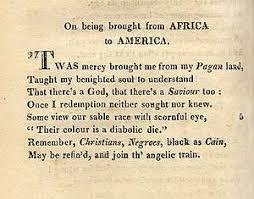
SAY, muse divine, can hostile scenes delight The warrior’s bosom in the fields of fight? Lo! here the christian and the hero join With mutual grace to form the man divine. In H——-D see with pleasure and surprise, Where valour kindles, and where virtue lies: Go, hero brave, still grace the post of fame, And add new glories to thine honour’d name, Still to the field, and still to virtue true: Britannia glories in no son like you.
As Phillis Wheatley reached the age of 18, she had already crafted a collection of 28 poems. Eager to share her literary creations, she, with the assistance of Mrs. Wheatley, placed advertisements in Boston newspapers in February 1772, seeking subscribers for her work.
Despite their efforts, the colonists seemed hesitant to support literature from an African author. Faced with this challenge, Wheatley and the Wheatley family turned their aspirations across the Atlantic to London in search of a publisher. Undeterred by the initial reluctance in the colonies, they sought recognition on a broader stage.
Wheatley, demonstrating a keen sense of initiative, had previously sent one of her poems to Selina Hastings, the Countess of Huntingdon, known for her wealth and support of evangelical and abolitionist causes. The countess, moved by Wheatley’s work, instructed bookseller Archibald Bell to initiate correspondence with the budding poet, laying the groundwork for the publication of her book. This pivotal moment marked Wheatley’s leap onto the international literary scene, transcending the limitations imposed by societal prejudices in colonial America.
The rise of Phillis Wheatley’s career as a poetess
Battling chronic asthma, Phillis Wheatley embarked on a transformative journey to London alongside Nathaniel on May 8, 1771. This marked a significant chapter in her life as she sought recognition and support for her poetic endeavors. London welcomed the budding poetess with open arms, where she found herself in distinguished company.
Among those who embraced her were influential figures such as the Earl of Dartmouth, a patron of abolitionists, the poet and activist Baron George Lyttleton, soon-to-be Lord Mayor of London Sir Brook Watson, philanthropist John Thornton, and the eminent Benjamin Franklin. These connections not only highlighted Wheatley’s growing prominence but also emphasized the international appeal of her work.
While Wheatley crossed the Atlantic once again to be with Mrs. Wheatley, who had fallen seriously ill, her poems were making waves in London. Archibald Bell circulated the first edition of “Poems on Various Subjects, Religious and Moral” in 1773. This marked a historic moment as it became the first volume of poetry by an African American published in modern times, solidifying Wheatley’s position as a trailblazer in the literary landscape. Her journey, marked by both personal challenges and professional triumphs, was shaping into a remarkable ascent.
SAY, muse divine, can hostile scenes delight The warrior’s bosom in the fields of fight? Lo! here the christian and the hero join With mutual grace to form the man divine. In H——-D see with pleasure and surprise, Where valour kindles, and where virtue lies: Go, hero brave, still grace the post of fame, And add new glories to thine honour’d name, Still to the field, and still to virtue true: Britannia glories in no son like you.
Phillis Wheatley’s time in London not only brought relief from the struggles of chronic asthma but also unfolded as a turning point in her burgeoning career. Welcomed by influential figures and celebrated for her literary prowess, Wheatley found herself at the center of a literary renaissance. Wheatley’s words resonated not only in Boston but now reverberated across the Atlantic, breaking barriers and challenging preconceptions. The international recognition she received reflected not just her personal triumph over adversity but also signified a broader acknowledgment of African-American literary contributions.
Phillis Wheatley’s rise to prominence, coupled with the historic publication of her poems, laid the foundation for a legacy that would inspire generations to come.
Phillis Wheatley’s famous work- poems on various subjects, religious and moral
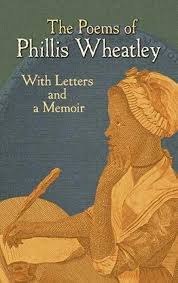
In the annals of literary history, Phillis Wheatley’s “Poems on Various Subjects, Religious and Moral” stands as a beacon of poetic brilliance. Published in 1773, this collection not only marked Wheatley’s personal triumph but also a groundbreaking moment—it was the first-ever book of poetry by an African American in modern times.
Within the pages of this literary gem, Wheatley weaved verses that transcended the societal norms of her era. Influenced by Neoclassical poets like Alexander Pope, her poems explored themes of religion, morality, and the human spirit. Each line echoed the strength of a woman who had risen above enslavement and skepticism to claim her place in the literary world.
Wheatley’s mastery extended beyond her command over the English language. She displayed a profound knowledge of Greek and Latin, a testament to her intellectual prowess. The collection included elegies, hymns, and insightful reflections, showcasing the depth and breadth of her poetic repertoire.
Wheatley’s work challenged prejudices, defied expectations, and became a source of inspiration for generations to come. This anthology, born from the pen of a young African-American woman, remains a timeless testament to the transformative power of literature and the enduring legacy of Phillis Wheatley.
Phillips Wheatley’s fight for the unfairness of her time
Recent studies have revealed something fascinating about Phillis Wheatley Peters – she likely wrote around 145 poems. Sadly, most of these writings are lost because the support she hoped for to publish a second volume didn’t come through. The struggle for survival after her death probably led to these treasures being abandoned.
We have about two dozen surviving notes and letters from Wheatley Peters, giving us a peek into her extensive communication with important leaders. Interestingly, her intelligence was more acknowledged in England and Europe than in America. People in the Enlightenment movement, evangelical Christians, and abolitionists saw her as a brilliant example of African intellect.
Example:.
But how presumptuous shall we hope to find
Divine acceptance with the Almighty mind
While yet o deed ungenerous they disgrace
And hold in bondage Afric: blameless race
Let virtue reign and then accord our prayers
Be victory ours and generous freedom theirs.
In the early 20th century, critics weren’t very nice about Wheatley Peters, thinking she didn’t care enough about slavery. But, if we look closer, we see that she did have something to say about slavery, and she chose to say it to a big audience—the institutional church, a powerful part of 18th-century society.
Wheatley Peters found inspiration in two things—the Bible and 18th-century evangelical Christianity. It’s only recently that people have started to realize how she used biblical references and symbols to speak out against slavery. Her poetry, using clear biblical language, aimed to inspire church members to take a stand. Exploring her literary legacy reveals a poet whose words were a strong voice against the unfairness of her time.
Phillis Wheatley timeless impact- the lesson’s from her life
As we uncover the layers of Phillis Wheatley Peters’s life, her legacy emerges not just as a trailblazer in 18th-century literature but as a resilient voice against the chains of injustice. While the majority of her extensive body of work remains lost, the fragments we possess offer a glimpse into a mind that challenged societal norms and confronted the institution of slavery with poetic eloquence.
Phillis Wheatley Peters’s influence extended far beyond the shores of America, resonating in the intellectual circles of England and Europe. Her strategic use of biblical allusion and symbolism, a recent revelation, adds a new dimension to her narrative—a storyteller who used her pen to fight against the shackles of her time.
Though the second volume she aspired to publish never materialized, Wheatley Peters’s impact endures. Her journey from West Africa to London, her encounters with influential figures, and her profound reflections on the human spirit have left an indelible mark. Phillis Wheatley Peters stands not only as an icon of African-American literature but as a symbol of resilience, reminding us that even in the face of adversity, words have the power to shape history. In the poetic verses she left behind, we find not just a historical record but a timeless call for justice and freedom.
Want to discover more inspiring stories?
If Phillis Wheatley Peters’s journey has sparked inspiration within you, we invite you to explore the Arts to hearts project’s Art History section. Each week, we highlight the stories of remarkable women who, like Wheatley Peters, have left an indelible mark on the canvas of history. Their tales of strength, and creativity serve as a source of motivation for women facing challenges in their own lives.
Head over to our Art History section, where we delve into the lives of these strong women, sharing their struggles, and enduring legacies. Together, let’s celebrate the untold narratives of women who have shaped the world through their artistry and determination.



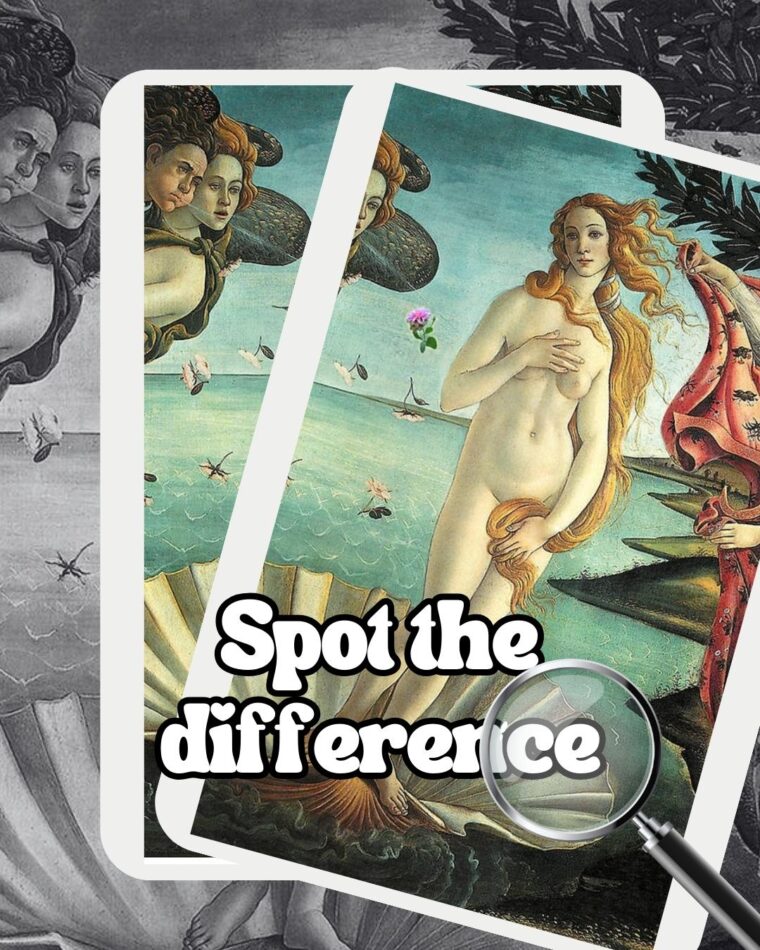


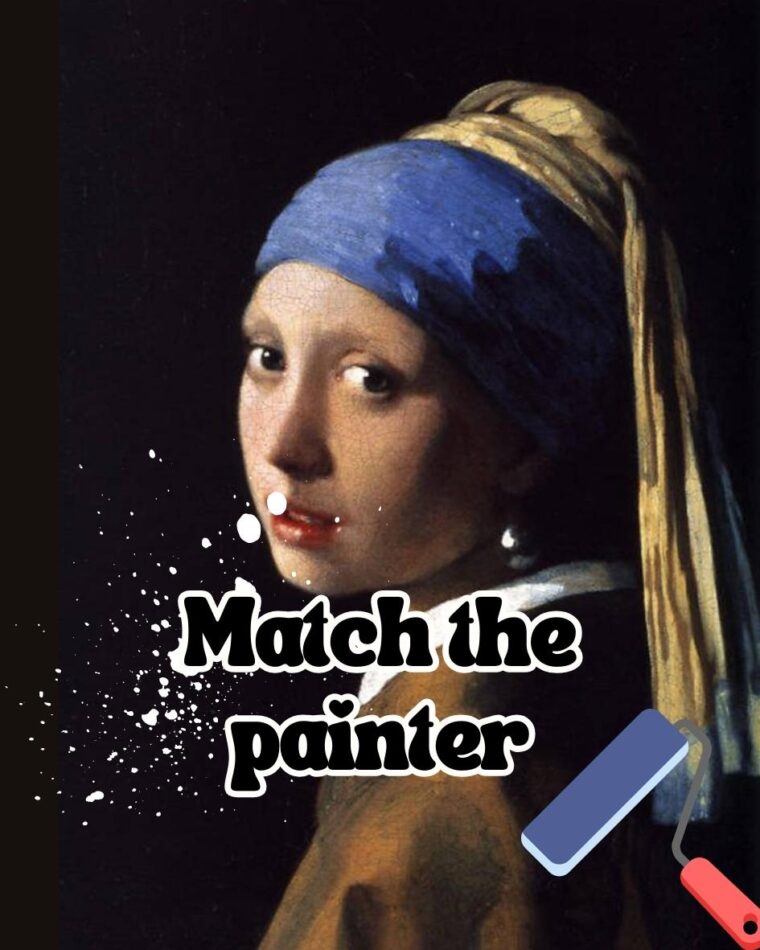
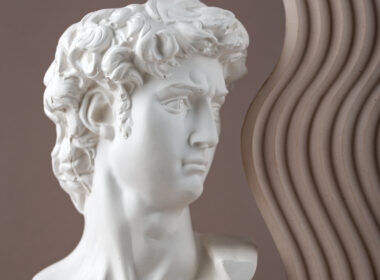

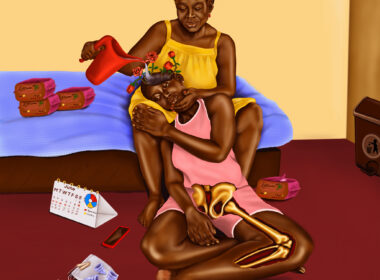



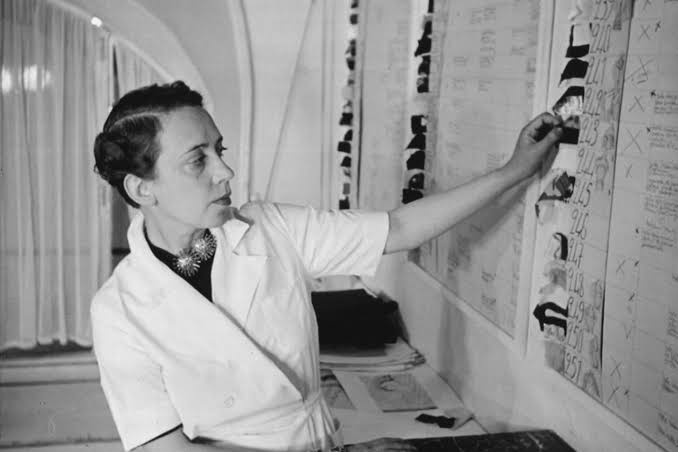
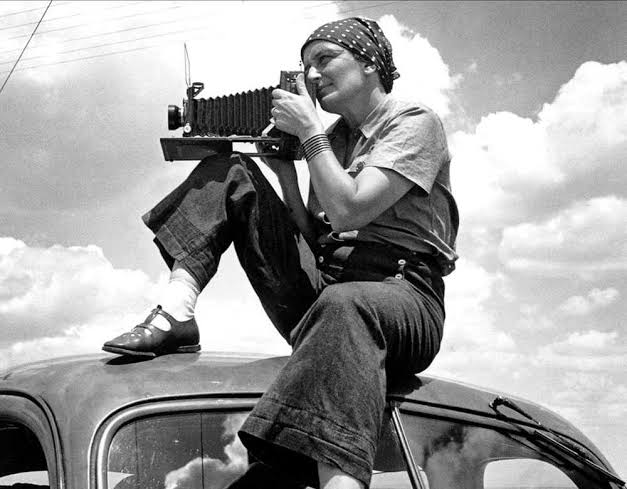
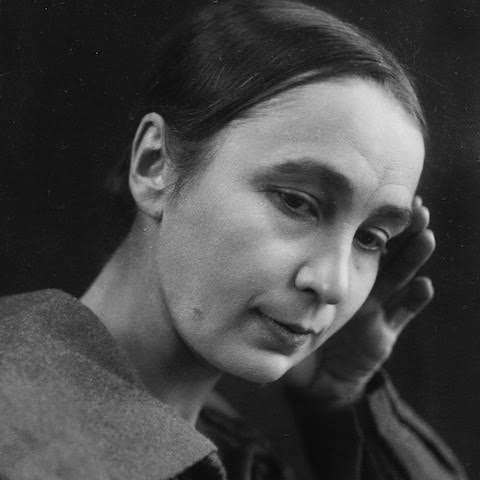
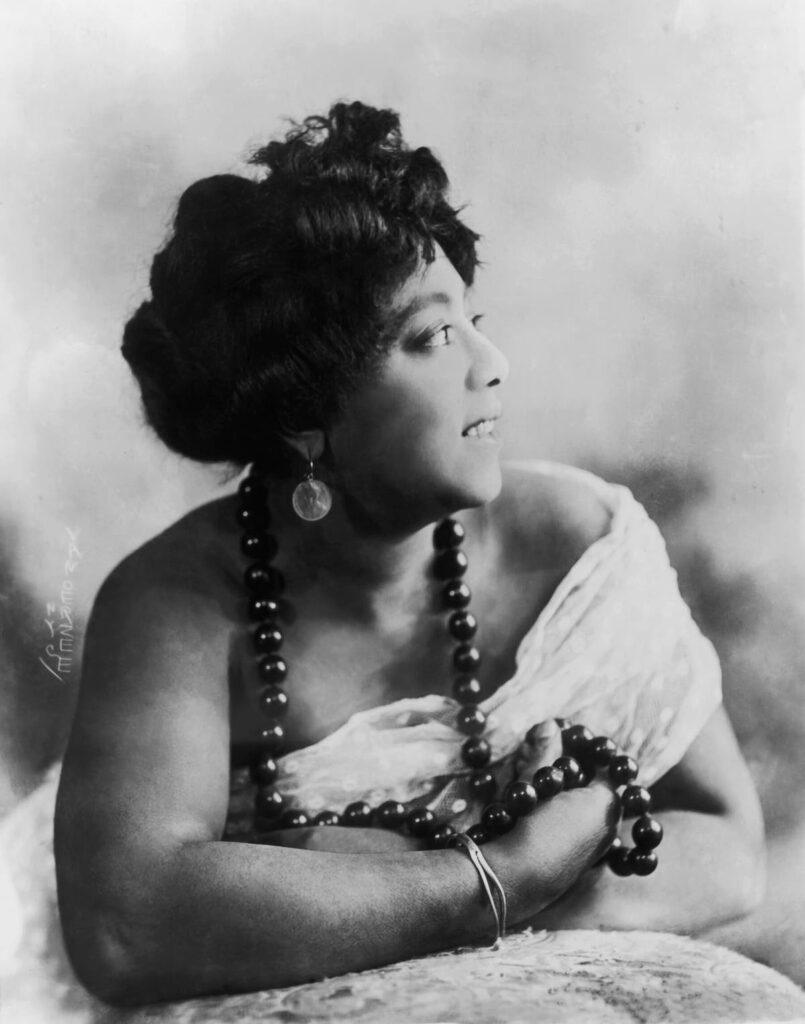
Comments 13